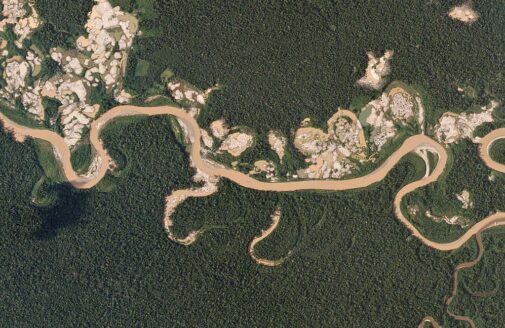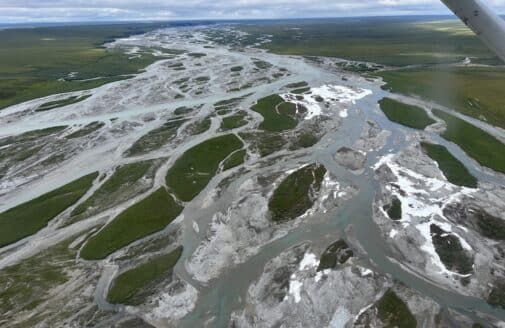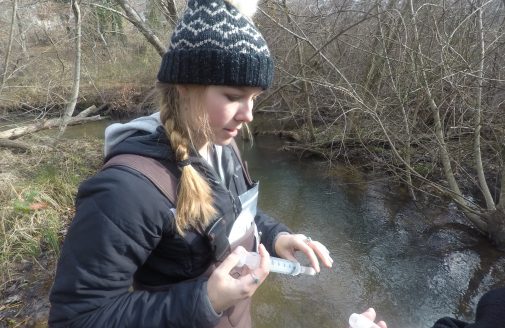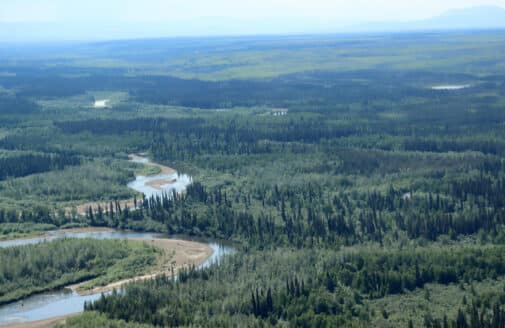I work on the Continuous Oxygen Monitoring in Buzzards Bay (COMBB) project in collaboration with Buzzards Bay Coalition. I study water quality in the Massachusetts estuary with a combination of state-of-the-art sensors and decades of data collected by dedicated volunteers.
I view water quality as one of the most practical measurements to look at when trying to improve both the health of an ecosystem and the lives of people who rely on waterways for life and recreation. With the data collected by hundreds of committed volunteers, I can assess how Buzzards Bay changes with different climate and nutrient inputs, help guide legislators and residents in their efforts to improve water quality, and generate insights into Buzzards Bay’s future and what steps can be taken to protect it.
My studies in ecology are driven by my goal to help people live in a sustainable way with the natural world. From the surface, water can look unchanging, but what occurs at a chemical level within our waterways has a massive impact on life in a coastal community. As a New England resident, it is important to me that people have healthy and safe experiences with the waters and local species that make people fall in love with the region, so my work focuses on protecting and maintaining these waters.
My expertise spans water quality, ecology, oceanography, and lobsters. I earned my Ph.D. at the University of Rhode Island’s Graduate School of Oceanography, where I worked on the Narragansett Bay Fixed Site Monitoring Network. The network has been monitoring water quality in Rhode Island for decades, and has been instrumental in helping pass legislation for nutrient reduction in Rhode Island.








